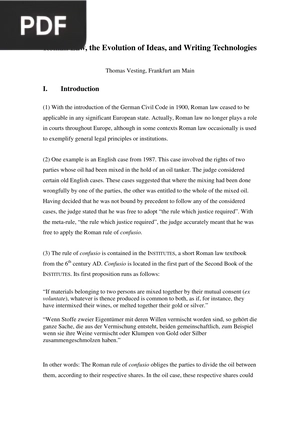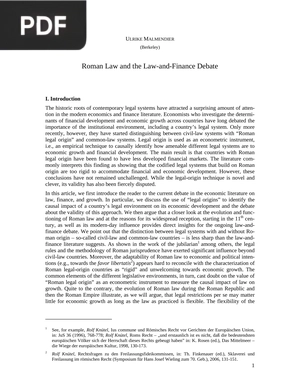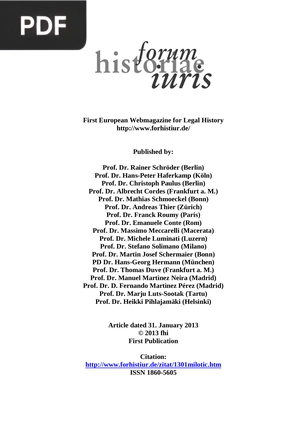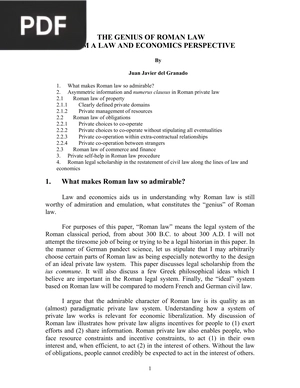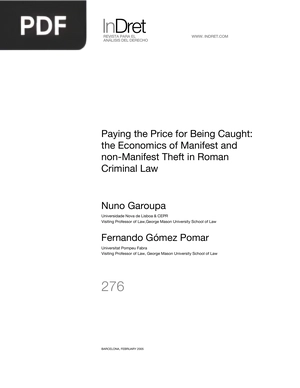Greek and Roman Conceptions of Natural Law (Article)
Author: Ranbir Singh,Vice Chancellor,Sri Krishna Dev Rao
*Please wait a few seconds for the document to load; the time may vary depending on your internet connection. If you prefer, you can download the file by clicking the link below.
Loading PDF...
Document Details
Title: Greek and Roman Conceptions of Natural Law (Article)
Author: Ranbir Singh,Vice Chancellor,Sri Krishna Dev Rao
Pages: 10
Size: 0.67 MB
Format: PDF

